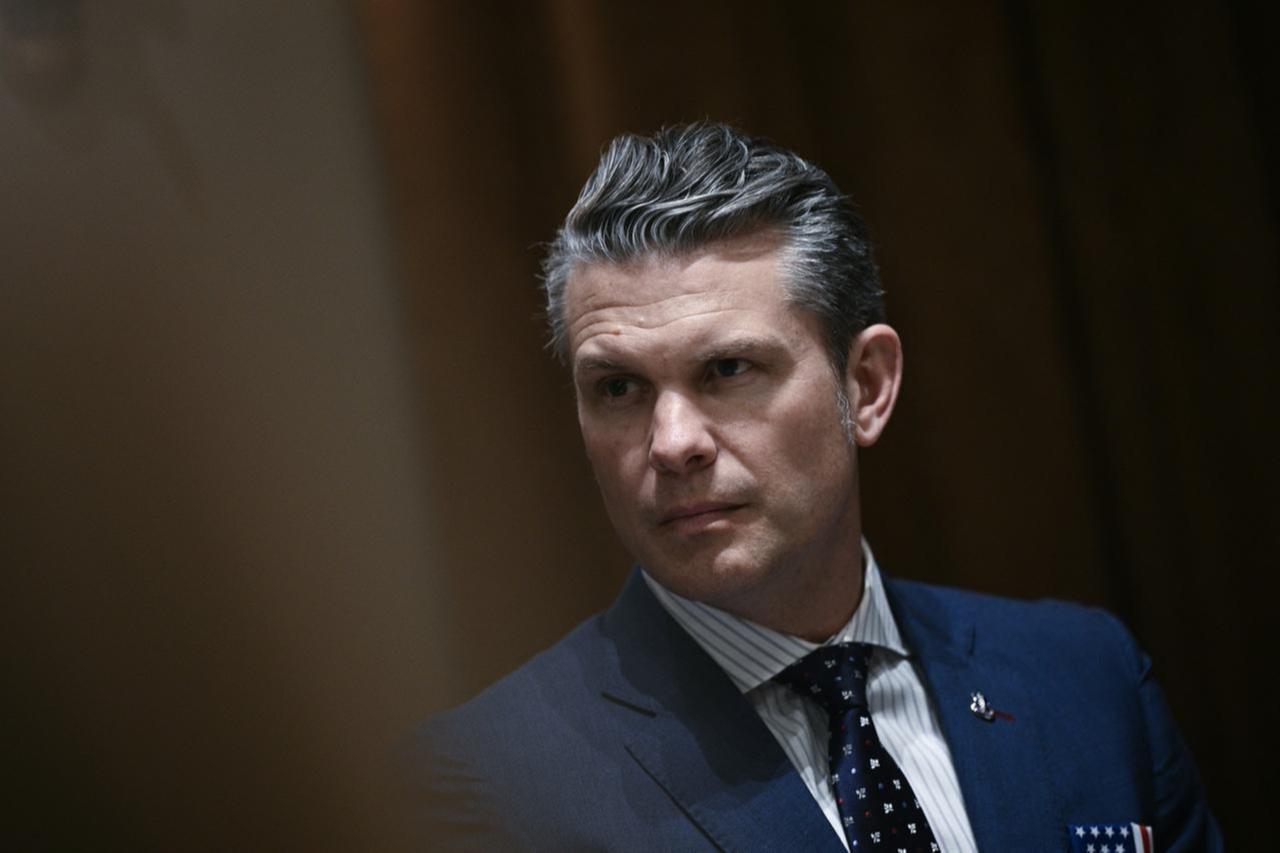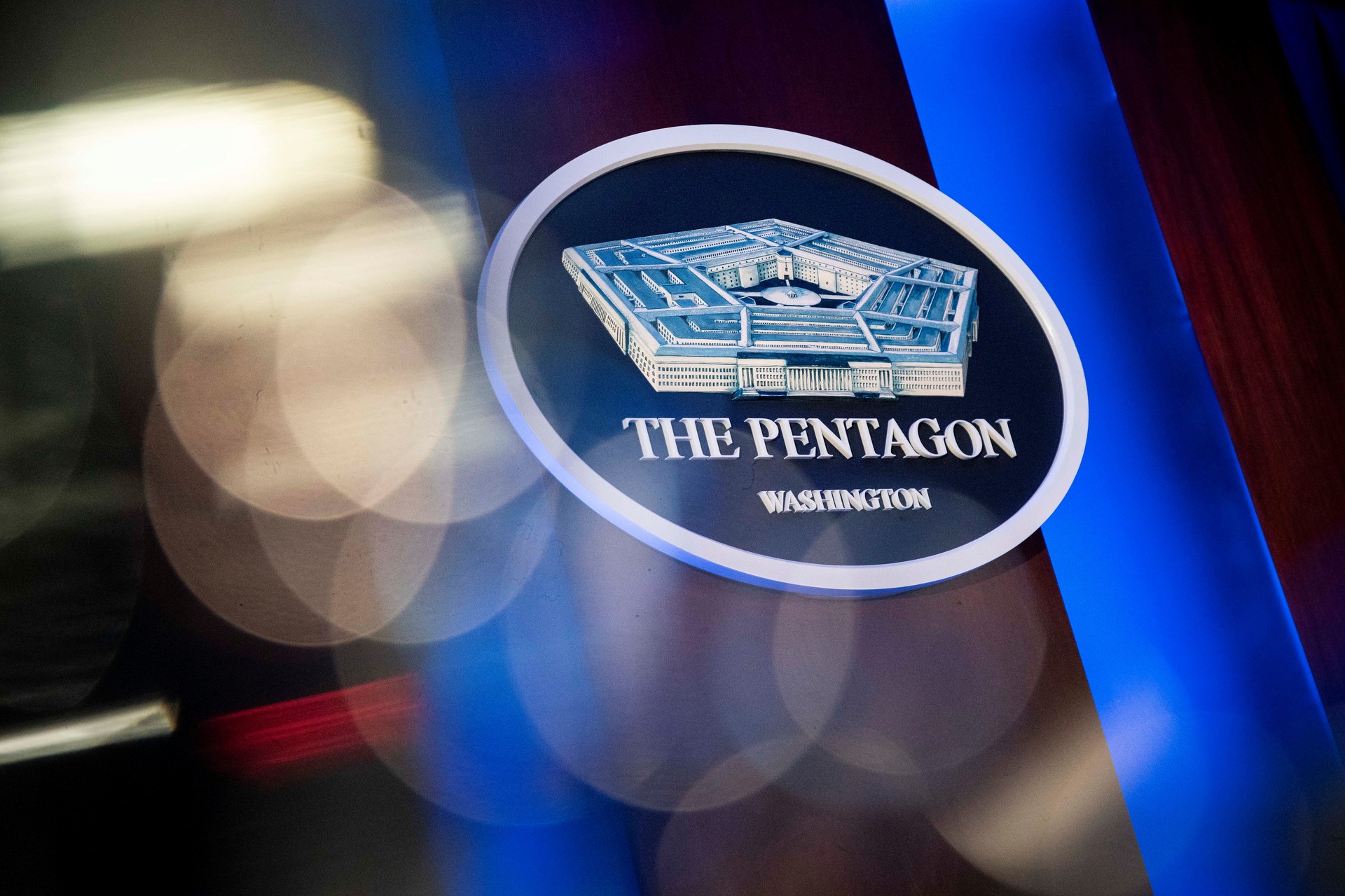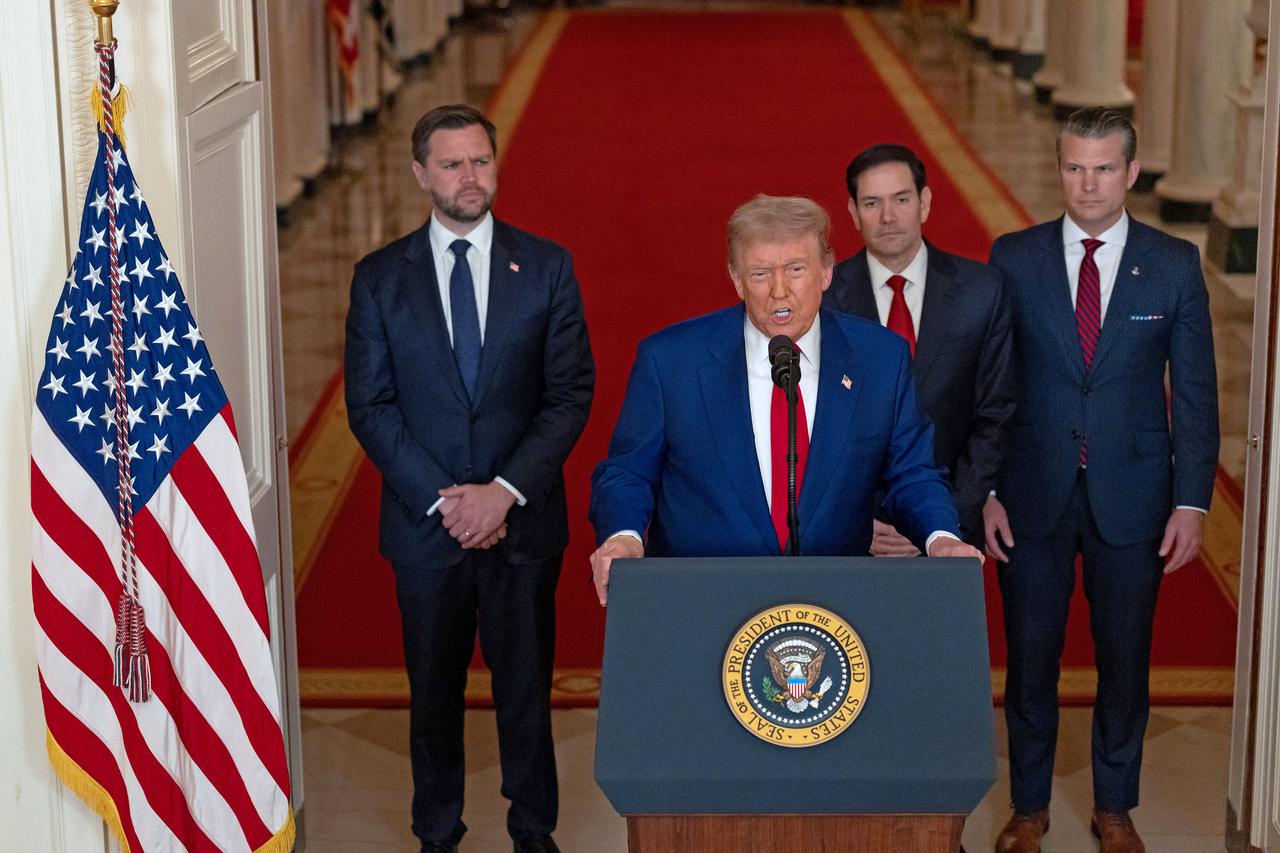
The White House intervened to stop Defense Secretary Pete Hegseth's use of polygraph tests in searching for media leaks after a senior adviser raised alarm about potentially being targeted for testing, according to U.S. officials familiar with the matter speaking to The Washington Post.
Patrick Weaver, an adviser to Hegseth, complained to White House officials this spring over concerns he could be directed to submit to a polygraph test. Weaver, described by officials as an immigration hawk and loyal Trump associate with ties to White House Deputy Chief of Staff Stephen Miller, was angered by the prospect of testing.
The White House intervention came through a phone call from an individual close to the administration after Hegseth's team had begun administering polygraph tests in April, according to people familiar with the matter who spoke on condition of anonymity due to concerns about reprisal.

Before being halted, multiple tests were conducted over several weeks with Hegseth's approval and guidance from Tim Parlatore, who serves as both Hegseth's private attorney and part-time military aide.
The polygraph testing targeted members of the Joint Service Interagency Advisory Group, a team in Hegseth's office examining drug cartel countermeasures and southern border security.
The group includes Special Operations personnel and representatives from agencies, including the FBI.
Col. Ricky Buria, a military aide Hegseth later promoted to senior adviser, underwent polygraph testing with inconclusive results. Buria submitted retirement paperwork from the Marine Corps to become a political appointee in April.
Hegseth also threatened polygraph tests against two senior military officers: Navy Adm. Christopher Grady, vice chairman of the Joint Chiefs of Staff, and Army Lt. Gen. Douglas A. Sims, director of the Joint Staff.
Hegseth subsequently decided against promoting Sims to four-star general despite earlier plans and intervention from Joint Chiefs Chairman Gen. Dan Caine and other senior Pentagon officials. The decision has frustrated senior officers, who viewed Sims as acting apolitically.

The polygraph campaign occurred during significant upheaval in Hegseth's inner circle, including his April firing of three senior Pentagon appointees accused of media leaks.
The dismissed aides—Dan Caldwell, Colin Carroll and Darin Selnick—disputed the accusations and claimed they were slandered. Hegseth's team has not provided evidence supporting the leak allegations.
The investigation began with a March 21 memo from then-chief of staff Joe Kasper citing "unauthorized disclosures of national security information" requiring "thorough investigation."
Kasper wrote that polygraph use would comply with "applicable law and policy" and culminate in a report with recommendations.
The turmoil was compounded by the "Signalgate" incident, where Hegseth and other national security officials discussed a planned Yemen bombing campaign in an unclassified group chat that inadvertently included an Atlantic magazine editor.
Witnesses later told Defense Department investigators that shared operational details came from a classified email marked "SECRET/NOFORN."
Kasper departed as chief of staff in April amid staff infighting, transitioning to the private sector while maintaining a part-time Pentagon role. Hegseth then appointed Buria, spokesman Sean Parnell, Weaver and Justin Fulcher as senior advisers.
Fulcher subsequently left after a Washington Post report detailed his departure from the U.S. DOGE Service following a confrontation where he claimed law enforcement had been summoned to find him.
Fulcher had told colleagues he knew surveillance methods for finding Pentagon leakers, but administration officials later determined he had exaggerated his capabilities and the evidence he referenced did not exist.
Pentagon spokesman Parnell declined direct comment on the polygraph reporting, stating, "The Department will not comment on an ongoing investigation. The Fake News Media's obsession with months-old workplace gossip is a reflection of the sad and pathetic state of 'journalism' in Washington."
The White House referred questions to the Pentagon. Weaver, Buria and Parlatore did not respond to requests for comment.